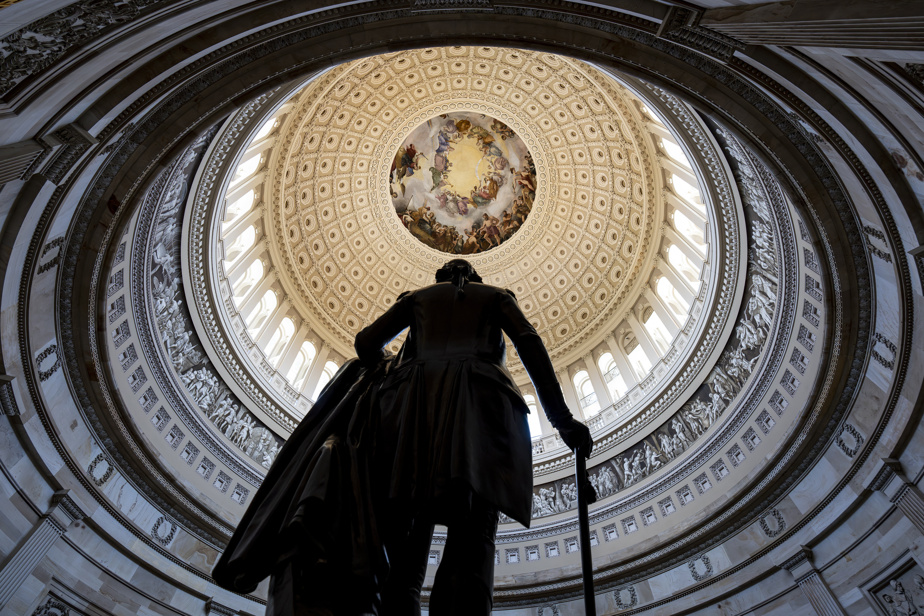
(WASHINGTON) Negotiations between the White House and the Republican opposition over the debt ceiling appeared to hit a dead end Saturday night in Washington, with each accusing the other of stalling the talks as time runs out to avoid a US default. .
The city said in a statement Friday evening that the Republican team “put on the table an offer that was a huge step backwards and included a set of extreme partisan demands that could never pass in both houses of Congress.” White House Press Secretary Karen Jean-Pierre pleads, “Be serious.”
According to her, it is the Republican officials under the thumb of those close to Donald Trump “who (threaten) to put our nation in default for the first time in our history”, but “not the President (Joe Biden) nor the Democratic officials.”
The White House, determined not to allow Republicans to hold Democrats accountable for the situation in the public eye, sent a memo to editors on Saturday, detailing the proposals.
And the Republican official in the House of Representatives, Kevin McCarthy, told him, on Saturday evening, in a tweet, that “the White House has taken a step back in the negotiations.”
“Unfortunately, the left wing of the Democratic Party seems to be to blame, especially with President Biden out of the country,” he lamented.
Joe Biden is already in Japan, where the G7 meeting is taking place, and from where he reaffirmed his optimism earlier today, believing that the United States will be able to avoid default.
He cut short his Asia-Pacific tour due to the US debt crisis and is scheduled to return to Washington on Sunday after the Hiroshima summit ends.
The point of contention remains the budget, with Republicans demanding spending cuts to agree to raise the debt ceiling, thus allowing the country to meet its fiscal obligations.
Without a quick deal, the United States could, most likely as early as 1any June, it could no longer pay its creditors or pay the salaries of some civil servants and the pensions of ex-servicemen, among others.
This could have dire consequences for the US economy, but also for the world.






